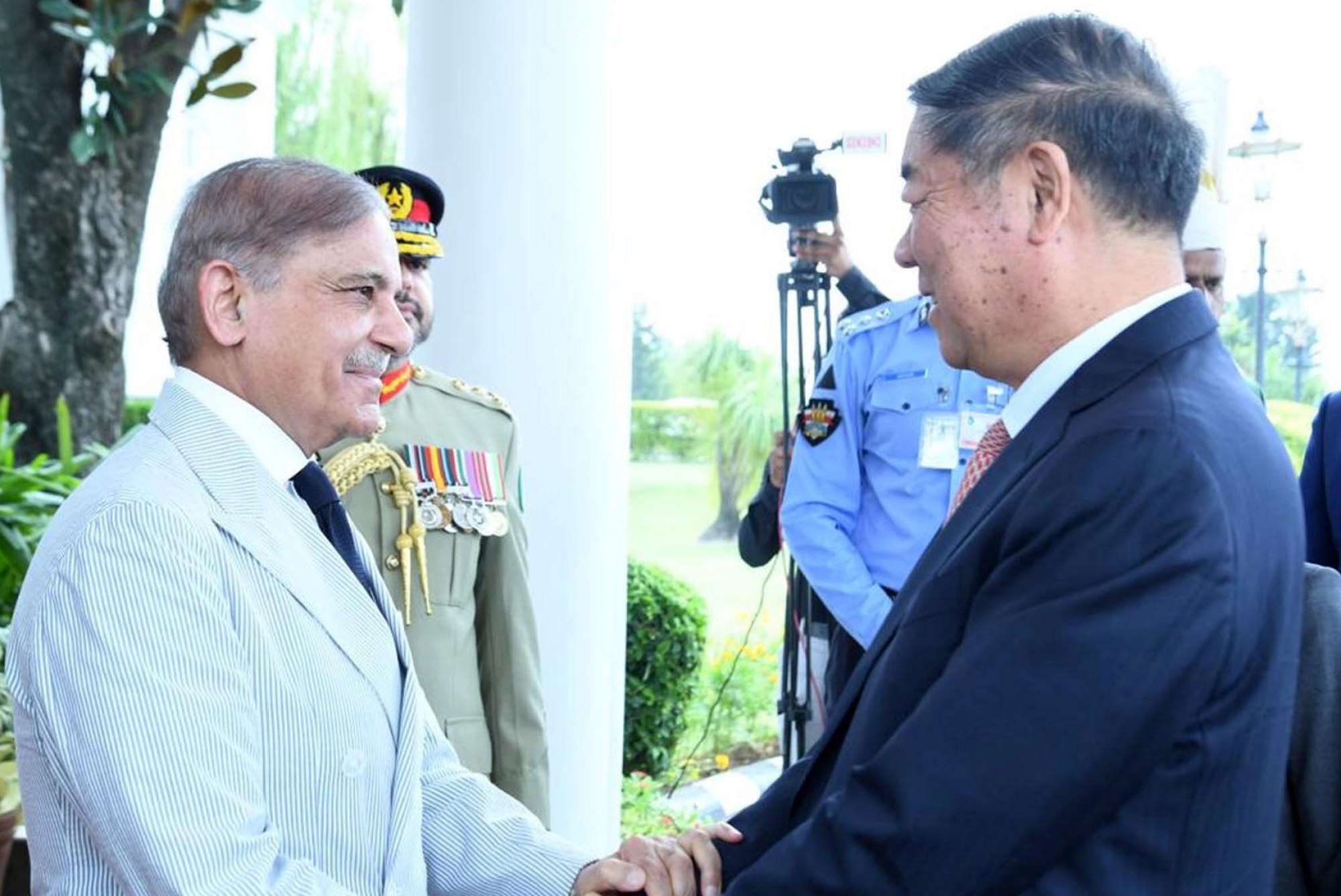“Yeah, I’m very hopeful because I was there in China recently and I had meetings with their senior leadership,” said Iqbal at his office in Islamabad, decorated with a large map showcasing the China-Pakistan Economic Corridor.
Pakistan was seen as a flagship destination for belt and road projects, with CPEC – which includes a port in the southern town of Gwadar and new power plants – the crown jewel.
Projects worth about US$25 billion came online in the first phase, including power plants that ended the nation’s chronic power deficit.
A Pakistani committee approved a long-delayed railway upgrade project last week – but scaled it down from US$10 billion to US$6.8 billion.
The project will be done in two phases “so there is not a big burden on Pakistan”, said Iqbal. The railway, in its first phase will run from Karachi, the southern coast city, to Multan, a little over halfway to the capital, Islamabad.
“So all these things really help China see that the new government is again serious and it restored their confidence that now Pakistan is, you know, serious about CPEC initiatives,” Iqbal said.
More than 80 million jobs are being relocated from China to other countries … They have gone to Vietnam and you know, Laos and Cambodia. There is now overcrowding there
China has also been a key financial lender, alongside the IMF, with its loans helping Pakistan avoid bankruptcy. The country is struggling with low growth and the fastest rising consumer prices in Asia. Islamabad’s difficulties have seen it fall behind on payments related to Chinese-funded power plants.
One change in the second phase would likely involve Islamabad taking a step back while urging the private sector to forge partnerships with Chinese firms.

The other big focus, albeit a long-shot prospect, is to try and attract Chinese firms thinking of relocating from China amid rising labour costs and heightening geopolitical tensions.
“That would be a success because at the moment more than 80 million jobs are being relocated from China to other countries because of the high level cost in China,” Iqbal said.

